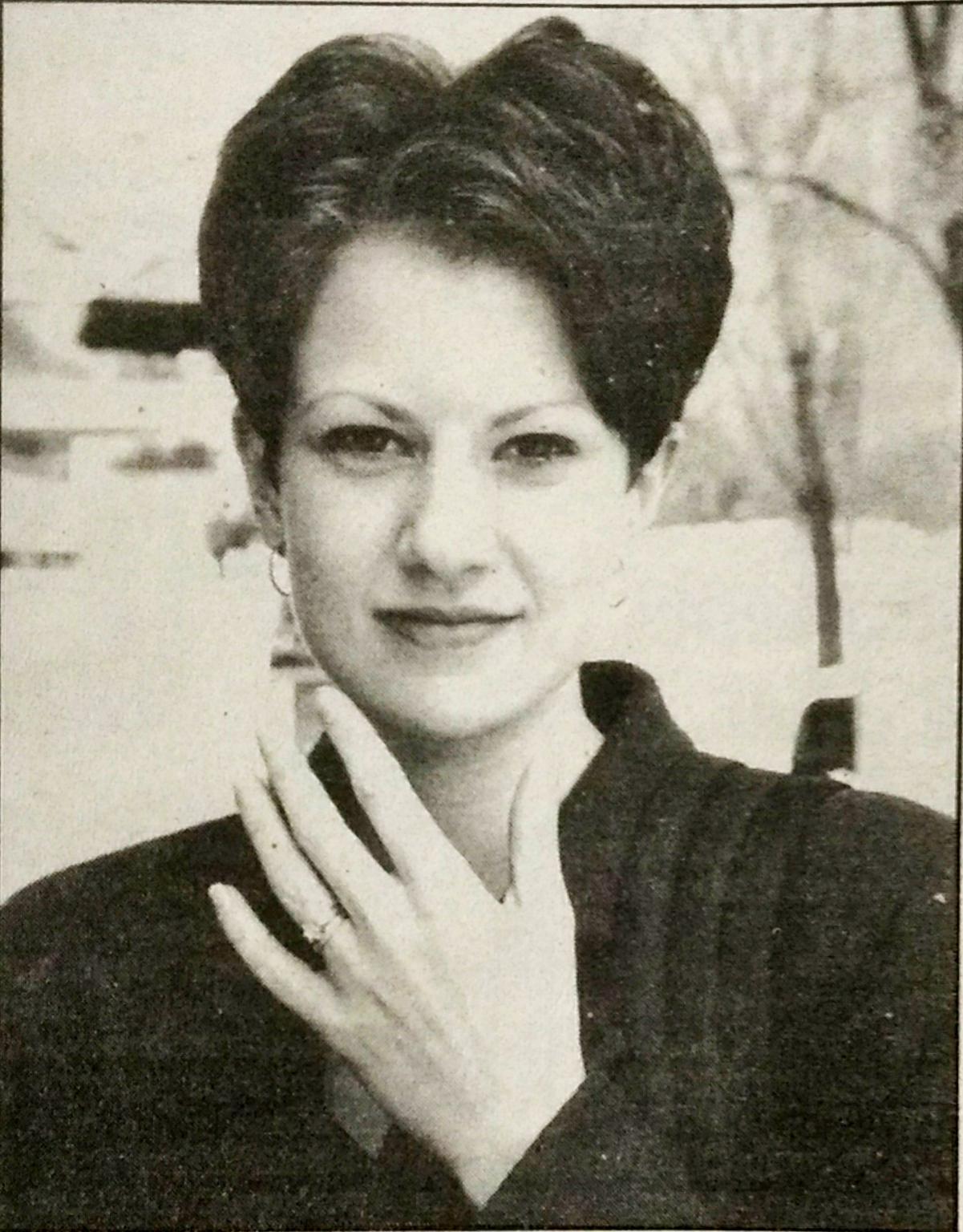By Jackie Burns
It’s Friday night and with a sigh of relief you take that 12-pack from the fridge. The sound of Beck echoing in the distance beckons you to join the party down the hall. You open the door of your residence room, and with anticipation hurry to where it’s at. This is the reason why people say university years are the best of their lives.
But for Chantel Homola university life is quite a bit different. She won’t be leaving her rez room in search of the party this weekend. Sure, she’ll meet up with her friends at rex, but only after she leaves her East-end home, which she shares with her husband.
The first-year radio and television arts student has been married since she was 17-years-old. Now, at 19, she is wishing she had waited a little longer, but is still happy with her relationship.
“Jumping into this head first, we had no idea what we were going, no idea where we were going,” she said.
But Chantel’s situation is not a common one. The marriage rate for people age 20 to 24 dropped by more than half between 1981 and 1993, according to StatsCan. Common-law relationships have increased by 11 per cent between 1986 and 1991.
Chantel said sometimes her friends don’t understand her. She said a lot of times her friends forget that she wants to go out with them. They think because she’s married, she wants to stay at home.
But Chantel is upset by the stigma that surrounds married couples.
“You’re expected to act a certain way. You can’t go ahead and get drunk with your friends.”
She said when one of her male friends found out she was married, he was so uncomfortable he stopped talking to her. Only recently the two are speaking again.
Kristy Woudstra, a journalism student, has been married for two years. She, too, has come across people who “alienate” her because she has a husband. “People do pass judgement on a married person, and they automatically see you as being so different,” she said.
Like Chantel, Kristy has come across many people who assume that because she’s married she doesn’t want to go out.
“They think as soon as you’re married you want to be at home, doing the dishes, cooking, being responsible and paying the bills. You can only do that for so long,” she said.
But regardless of how people treat her, Kristy is happy with her decision to marry before university. Her husband’s support takes off a lot of the stress of school and work.
Chantel agrees the support of having a husband helped her make the transition to university.
“If I’ve had a really long day and I finish really late, I can come home and my dinner will probably be ready for me,” she laughed.
Chantel’s 22-year-old husband is a full-time York University student. Combined, they face an OSAP debt load of $17,500 a year. She said budgeting is something she continually has to get used to in marriage.
And budgeting is exactly what Chantel faced early on in the marriage process.
“We had one of those awful budget weddings. I never wanted a City Hall wedding — every girl wants the big church wedding. I mean, my dress wasn’t even white,” she said.
Kristy’s 25-year-old husband works full-time to support her education. But she also works about 20 hours a week on top of school to help make ends meet.
Chantel and Kristy had been dating their husbands for a year before they were married.
Although Chantel regrets making the move so fast, Kristy stand behind her decision. “Fourteen months is a rather quick relationship in society’s eyes, but it was just the right time to get married,” she said.
So while being single may be where it’s at for most university students, others have made the commitment to a life long partner, and are willing to say farewell to the Friday night pick-up scene.










Leave a Reply